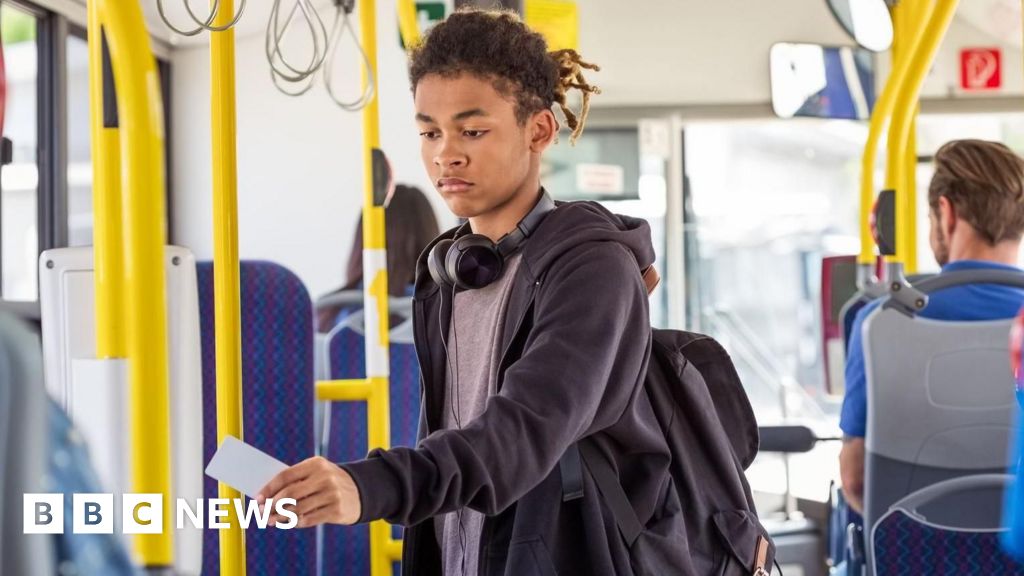Single bus fares to rise to £3 from £2 in England under new cap

Prior to Monday’s announcement Bill Hiron, chair of Eastern Transport Holdings, which runs bus services in Essex, had warned that suddenly ending the £2 cap could cause problems.
Reverting to previous fares of £5 or £7 for example, would represent “such a big jump that not only will it cause hardship for some people but of course it will result in some people saying I’m not going to take the bus anymore,” he told the BBC’s Today Programme.
Meanwhile Greenpeace suggested lifting the cap was a “‘tough decision’ the government didn’t need to make”.
“It makes no political, economical or environmental sense whatsoever,” said Paul Morozzo, Greenpeace’s UK’s senior transport campaigner.
He said buses are a “critical lifeline to millions of people, particularly those on lower incomes”.
“A government that was truly prioritising the needs of the poorest in society would rethink this decision at the first opportunity,” he said.
Additional reporting by Bernadette McCague
Related
Calls for over 60 free bus travel update from Department…
Calls for free bus travel for those over the age of 60 in England is gaining more attention after an increase of support. Unlike those in Wales, Scotland, and N
Major UK train station is one of the worst places…
Pickpockets are a problem across the UK, but one place is the worst for having your belongings stolen. According to the British Transport Police (BTP), just und
UK Snow Travel Chaos: Kent, East Sussex, West Sussex, Hampshire,…
UK Snow Travel Chaos: Kent, East Sussex, West Sussex, Hampshire, Wiltshire, Surrey, Berkshire, Greater London, Essex, Suffolk, Hertfordshire,
‘Only travel if necessary’ warning as UK’s busiest motorway shut…
NATIONAL Highways have issued an urgent warning to drivers as one the UK's biggest motorways shuts for the weekend. They has urged drivers to re-plan their rou











